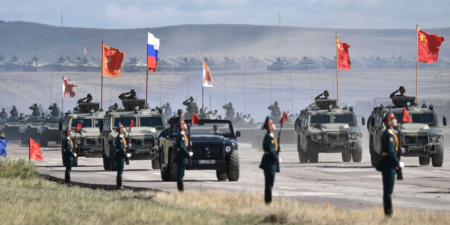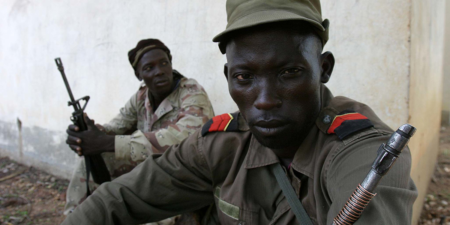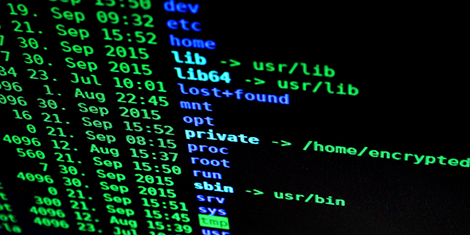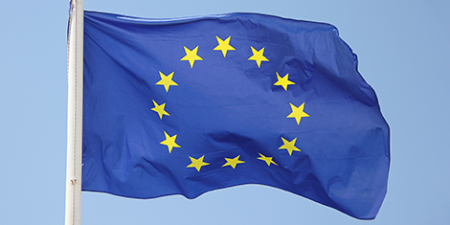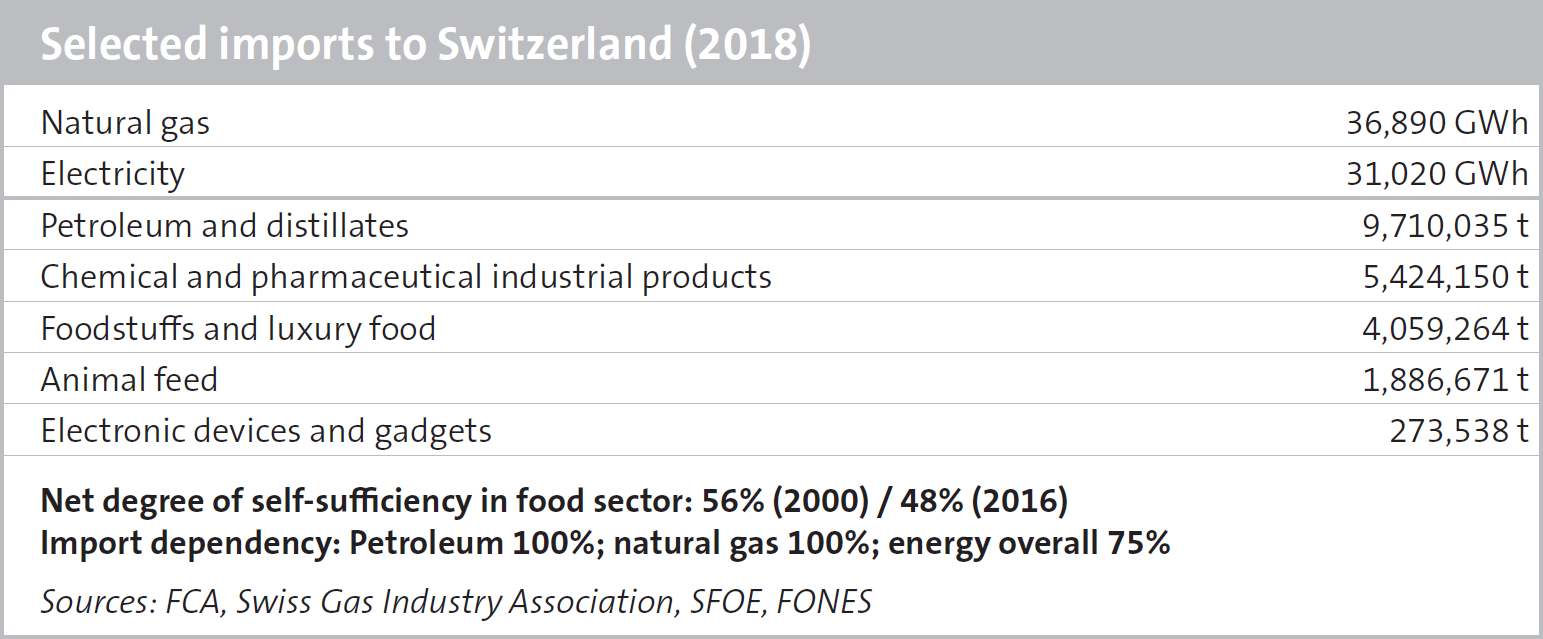
As a highly developed, landlocked resource-poor country that relies on imports for many vital commodities and services, Switzerland is comparatively vulnerable to disruptions of supply. This graphic provides an overview of a selected number of such imports and more.
To find out about how Switzerland attempts to ensure the supply of essential goods and services in times of crises, read Andrin Hauri’s recent CSS Analyses in Security Policy ‘National Economic Supply as an Emergency Precaution.’

